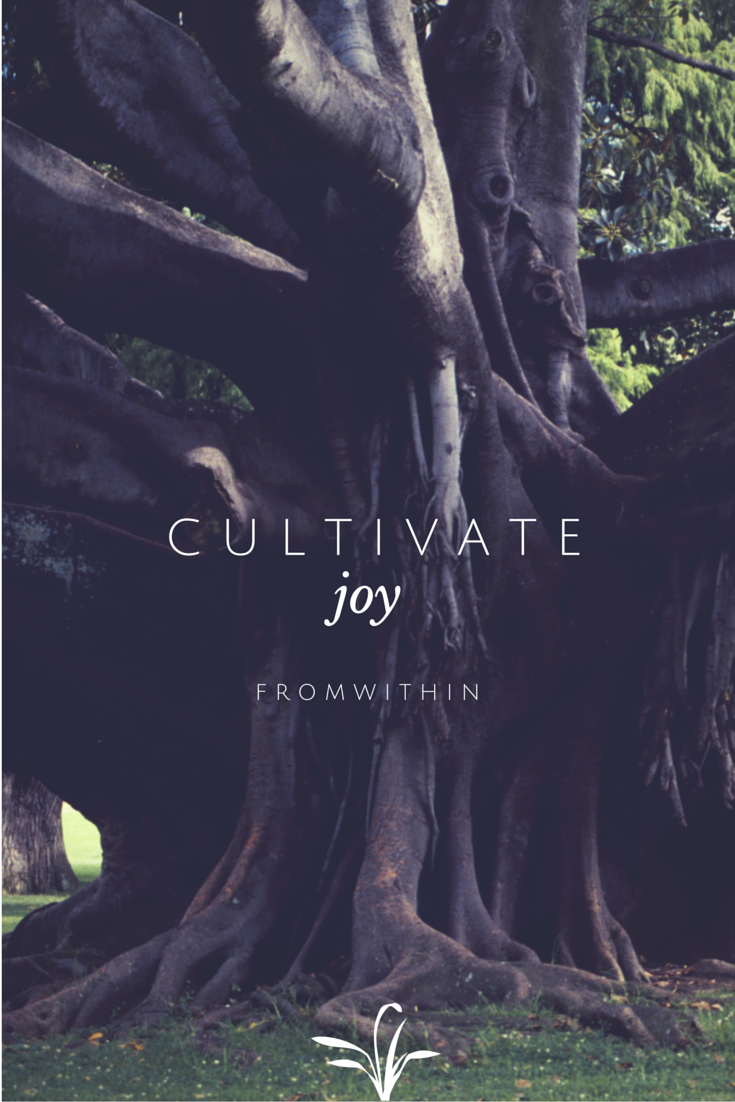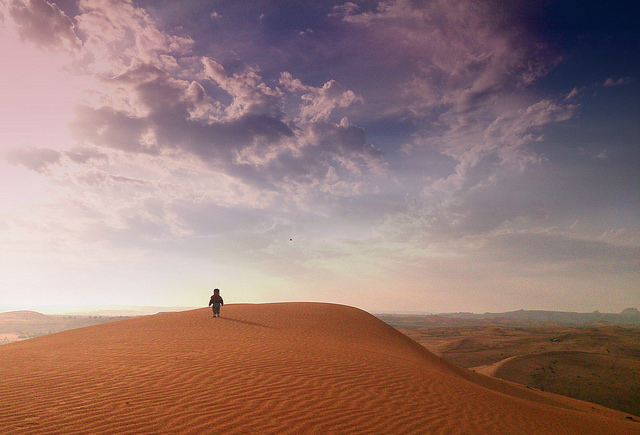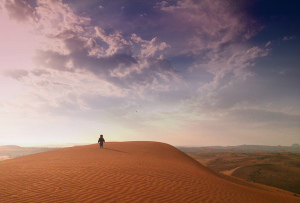When graduating from college, at a major crossroads in my life, I remarked to a friend that I was sure God was teaching me patience. I wish he would just let me catch all red lights and let it be a lesson, I said, as opposed to using my actual life to grow the quality.
Since then, when someone says “I need more patience” I see it as an invitation for God to come in and make things messy. There’s no such thing as a patience delivery system, unless you include children. Want more patience? Have another baby, that’s what I say. Not because it’s some beautiful sudden blossoming of patience. It’s more like each child grabs a limb and starts pulling in a different direction, ripping and tearing until a single drop of patience dribbles out. And, much like most forms of body hair removal, such processes are both painful and repetitive.
I should not have been surprised, then, when at the end of a recent yoga practice God called me out for the day’s intention to “find joy.” He said it was back assword, or some holy way of putting it.
The notion of finding joy, much like needing patience, starts with the wrong premise. Now on this side, just hearing “finding joy” conjures images of me sitting at a table of white linens, waiting to be served, as if seeking out the world’s best Pad Sea Ew. Such endeavors include elements of comparison (which we all know now as the “thief of joy”), analyzation and competition. I see Brene Brown’s scarcity mentality all over that one, as if there’s only one “real” version and the rest are only best attempts.
Yet this is the language given to us, yes? We must “find joy in the small things.” You know where that puts joy? In things. In people, namely others. It makes joy the object to crave and hunt. And when you don’t find it? It’s either so elusive you can’t see it or you’re left feeling as if perhaps you’re unworthy of such gifts.
Armed with my perspective of patience (and similar theories on love, peace, kindness and the like), my moment with God on the yoga mat revealed that I’m looking in the wrong places for joy, which is why I don’t find it. Much like Dorothy and her shoes, I’ve been wearing it all along. Joy, a fruit of the Spirit, is something that is grown in us. It’s the evidence of God’s presence in our life and it appears, as Eugene Peterson says, “as fruit in the orchard.” It grows. It’s planted within.
My teacher likes to use the word “cultivate”. The farmer’s daughter in me likes that idea. I imagine pulling a plow (amish-style, not these fancy ones farmers have nowadays that drive themselves), planting seeds and a nurturing the environment of sunshine and water. It’s something that grows, but requires my part to make the conditions right for it to live and bloom.
If I’m not “feeling joy” it’s not because my children or my husband or my job or my life aren’t worthy joy-bearers. It’s because I’m too busy producing a life of Effectiveness and Efficiency and Excellence. (Obviously, the problem is my propensity with big words that start with the letter E and my love for alliteration.) Not that these traits aren’t noble or helpful or admirable. There’s a place for them. The Big Words are evidence that I am striving for something great, but not evidence that God is working in my life.
Saturday morning on the mat, I had a day ahead of not much planned. I thought it would be the perfect occasion to practice looking for the simple joys rather than enduring the regular frustrations. And while a noble idea, it started in the wrong place, with joy hiding from me and I, on a quest to find it “out there.”
No, if the joy was hiding, it was under the unnecessary gunk in my soul. The competition, the comparison, the condemnation for not doing it right/well/enough. (Alliteration, I said sit down!) Joy is in me – because God put it there, because God lives there – but I’m not always living from that place of joyfulness. I’m often leading with the wrong foot – with the self rather than the Spirit.
So here we go. Joy not “in the small things” but perhaps lived out in the small ways, in this little vehicle named Michele.



